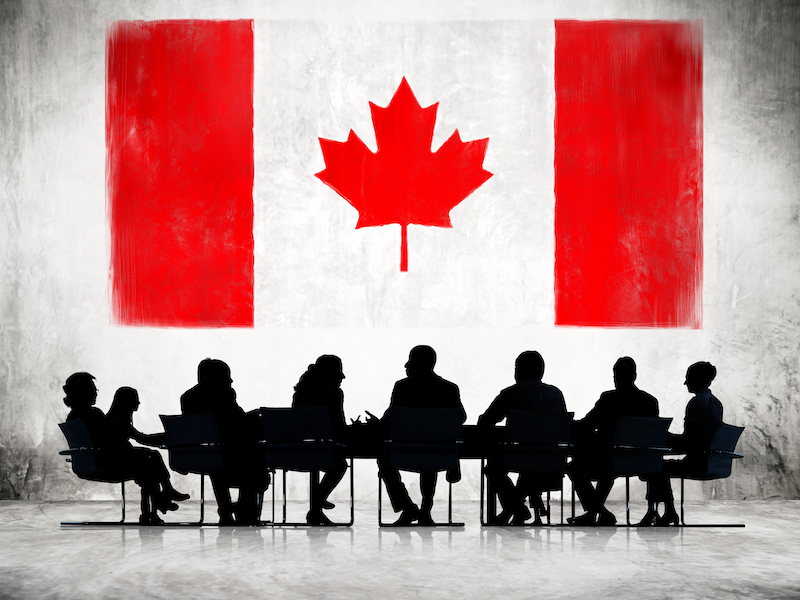
In its current political state there’s not much the federal government can do in the short term to address the economic fallout of a trade war, but federal coffers are in good enough shape to help ease the pain of tariffs, says Desjardins Group.
In a new report, economists at Desjardins assess the capacity of the federal government to provide some fiscal support in the face of escalating trade conflict with the U.S. — concluding that there is room to bolster the economy without ruining federal finances.
As it stands, the federal debt-to-GDP ratio is in good shape, and federal deficits are expected to be much more manageable in Canada (compared with the U.S.) over the medium term, it said.
Moreover, Canadian interest rates are lower, and bond yields haven’t surged nearly as much as they have in the U.S.
Against this backdrop, there is room for the federal government to provide some fiscal stimulus, if needed, it concluded.
“Even in our pessimistic economic and downside fiscal scenarios, the government of Canada could increase spending by a one-time $100 billion and still keep the federal debt-to-GDP ratio below its pandemic peak,” it said.
However, the sort of support that was deployed in response to the pandemic may not be needed, as the recession likely wouldn’t be as acute, and there’s a risk that excessive stimulus could spark inflation, beyond the inflation that would be produced by higher tariffs, the report noted.
“In this context, targeted and time‐limited support for individuals and industries most adversely impacted by tariffs would deliver more bang for the buck than broad, indiscriminate support,” it said.
Yet, with Parliament prorogued, and a federal election looming, immediate actions that could help are limited, it said.
“Until new spending is approved by Parliament, automatic stabilizers and existing programs may need to do much of the heavy lifting,” it said.
“The provinces may also have to shoulder more of the fiscal burden than during the pandemic, at least until Parliament returns,” it added.